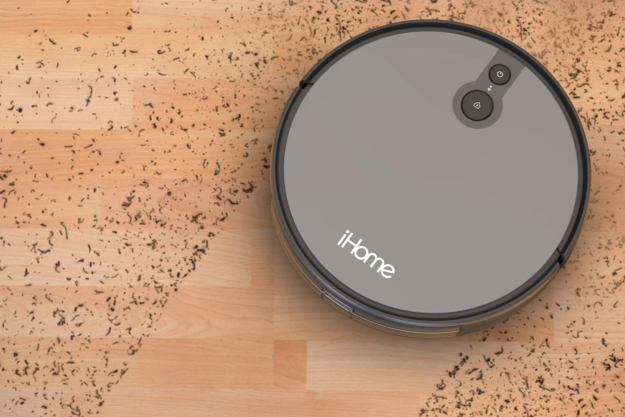
Insurance company Aetna has become the first major insurer to sign on to Microsoft’s HealthVault platform, saying it will offer customers the ability to transfer personal information and medical records to a HealthVault account. Once in a HealthVault account, users will be able to dictate who can have access to their medical information, including health care providers, health plans, and even Web-based applications.
Aetna customers will be able to transfer information from Aetna’s Personal Health Record (PHR) system to a HealthVault account in November; beginning at some point in 2009, customers will also be able to transfer information from a HealthVault account to Aetna PHR.
Aetna’s PHR currently supports about 6 million users, and can include a wide variety of health information including health histories as well as information on physicians, labs, pharmacies, and other providers. The system also integrates with Aetnas’a online wellness program.
“Through our PHR, we have been able to offer our members a tool to help them take control of their health, based on the belief that members own their information and should have access to that information in a secure, easy to use online record,” said Aetna President Mark Bertolini, in a statement. “By teaming up with Microsoft, we can now offer them the ability to have continuous access to their health information.”
Users will be able to use HealthVault to monitor status of insurance claims, as well as to store any personal health information they want to add. Users can then specifically enable providers to access that information, controlling who has access to potentially-sensitive health information.
The goal of systems like HealthVault is to provide simplified, consistent access to medical records and patient information, helping both patients and providers avoid record-keeping errors, unnecessary testing, and other inefficiencies. Currently, most health care providers and insurers maintain separate files on patients; patients may have little or no access to that information, little or no control over who may view it, and have no way of knowing whether the records are accurate and up-to-date.
Microsoft says it has gone to great lengths to ensure information stored in HealthVault is secure, but, of course, online storage of medical records raises significant privacy concerns. There are also legal privacy concerns with services like HealthVault: although privacy laws require health care providers to secure medical records, there are very standards regulating how third parties must handle private medical information. HealthVault—and the competing Google Health platform—operate under the new Connecting for Health framework set up earlier this year to protect patient information and confidential data.
Editors' Recommendations
- Black+Decker Health trackers are the reimagined life alert system for seniors
- Cyber Monday deal: Save up to 23% on Google Nest cameras and locks
- Straight flush: How next-gen smart toilets could revolutionize health tracking
- Nexxt, Tuya and Microsoft team up to take smart home tech to the next level
- Secure your home as Amazon drops up to a $56 discount on August smart locks


